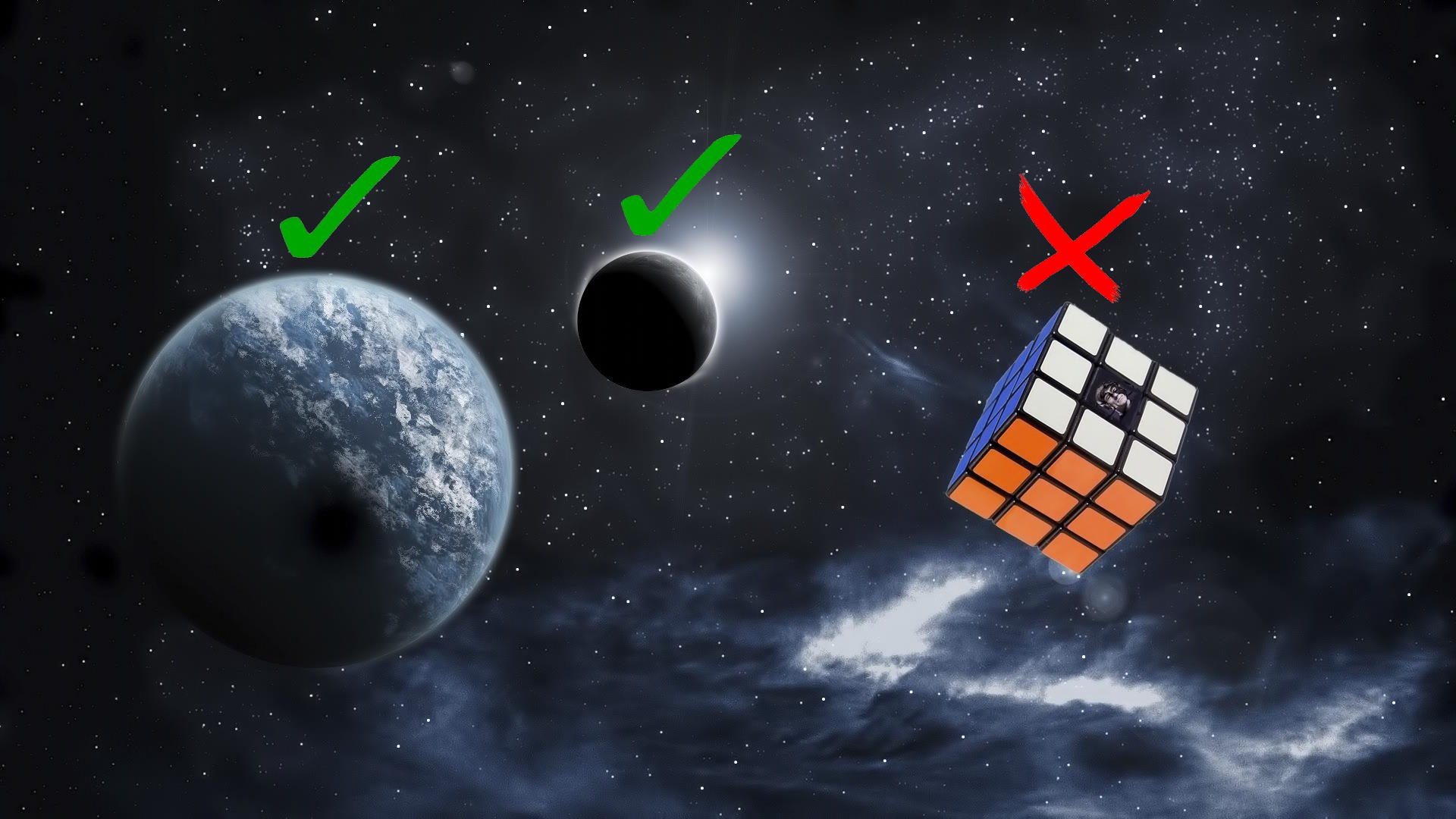Whether we’re in postmodernism, post-postmodernism, or some other phase, one thing we’re not in is cultural decline.
Question: Where do wernstand today in relationship to modernism and postmodernism?
rnrnLouis Menand: Yeah,rn well, that’s one of thosernquestions that you can’t answer. Irnmean, yeah, we’re probably post-postmodernism? Butrn what was postmodernism such that we’re post of it? Sorn it’s pretty tricky.
rnrnBut I think that the period of the 50’s and 60’s rnwas arnperiod of kind of high veneration of the modernists, like Eliot, and rncomparablernfigures in the world of art, and so on. rnAnd the 60’s and the 70’s kind of replaced that with a differentrncanon. So when I started out, Irnwas actually a Victorianist, that was my field. Irn did 19th Century British literature, but by some fluke ofrnthe job market, I got a job teaching modern literature and ended up rnwriting arnbook on T. S. Eliot, who was, in those days, sort of king of modern rnliteraryrnform, and criticism as well.
rnrnBut now the canon’s very different from that rnperiod, peoplerndon’t write about Eliot and Pound any more, so that’s really changed arnlot. And I think our sensibilityrnis not modernist anymore, that is, sensibility of people who are rninterested inrnart and literature.
rnrnQuestion: Are wernexperiencing a broader decline in cultural literacy?
rnrnLouis Menand: Irn wouldn’t say that. I mean, it’s, decline’s a rnfunny word tornuse about any cultural moment. Irnthink things are different from the way they were 40 or 50 years ago, rnbut thernmedia are different, interests are different, you know, the demographicsrn arerndifferent. It’s just a differentrnworld.
rnrnJust in higher education alone, more people go to rncollegernnow, by enormous amounts, than went to college in the ‘50’s and ‘60’s. So that represents a whole new literaternpublic that’s a consumer of literature, of news, of print, of, you know,rnopinion. And that’s a biggerrnaudience and much more diverse audience than it used to be. So it’s really hard to talk aboutrndecline. I think it’s just thingsrndo shift. And then when thingsrnshift, one’s own role in the culture shifts along with it and you have rntornadjust to that.





